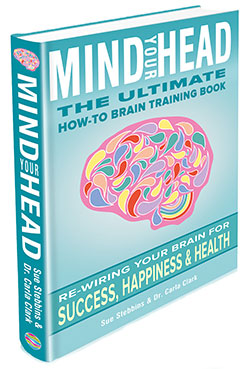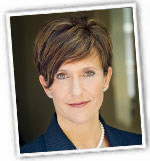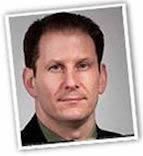Wittgenstein's Private Language: Grammar, Nonsense, and Imagination in Philosophical Investigations
(STEPHEN MULHALL)
Reviewed by Charles Crittenden
Page 2
Source: http://ndpr.nd.edu/review.cfm?id=9603
Yet Mulhall, following Cavell, sees such philosophical proposals as having apsychological origin. Skepticism about other minds, for example, is an expression of a feeling of powerlessness with respect to others, a general sense of not understanding or being able to communicate with them. This powerlessness "presents itself as ignorance -- a metaphysical finitude as an intellectual lack"(85, quoting Cavell). The articulation of this lack requires using language in a secondary way, one not licensed by the primary use but still not comprehensible without a grasp of it (e.g. calculating in the head is understandable only to someone who understands calculating out loud or on paper (Phil. Inv. p. 216)). The attempt to express this sense of powerlessness results in uses of language that are strictly unintelligible but that indicate to the skeptic that her experience is felt by the philosopher -- a private language. This acknowledgment of the skeptic's experience is an essential part of the process of philosophical therapy.
Yet this seems wrong-headed: it ignores the conceptual nature of essentialistic proposals and so would seem to have no place for the purely grammatical procedures Wittgenstein uses. These constitute an appeal to reason rather than an attempt to deal psychologically with the effects of a troubling personal experience. What role would the conceptual processes Mulhall has pointed out -- recalling uses of terms central to the expression of the skeptic's picture -- have in the treatment of the feeling Mulhall sees as behind philosophical skepticism? Nevertheless his discussion of substantial vs. resolute interpretations remains valuable; however, it must be taken as addressing the logical origins of a philosophical conception rather than the genesis and effects of an uncomfortable personal experience. This holds also for his remarks on #255 concerning philosophical vis-a-vis medical or psychoanalytic therapy. Seeing philosophical problems and their treatment as grammatical rather than psychological makes it less appropriate, in comparing the philosopher's question to psychological states treated by the psychoanalyst, to suggest that it may be relevant to consider "the individual, spiritual costs of struggling to fit into a routinized everyday realm; . . . the extent to which ordinary adulthood is not only constructed out of, but is also inherently pervaded by, impulses, drives, and fantasies that resist control, sublimation, and repression" (92). Such considerations seem remote from the pictures that "lay in our language" and the conceptual reminders that Wittgenstein conceived as central to eliminating confusions based on them.
Mulhall's comments on further sections are frequently illuminating, and imaginatively extend the discussion. Thus his remarks on the private diarist in #258, who is trying to set up a private definition for a name referring to a sensation, are helpful; he is right in pointing out that the section is not self-contained but requires #257 and #260 to make clear the point being made here -- that naming has a place in language as a whole and cannot be severed from it. On the other hand, Mulhall's concern with Cavell sometimes leads to discussions not helpful for those chiefly wanting insight into Wittgenstein, for example on whether Cavell accords these passages resolute or substantial treatment. And sometimes Mulhall's remarks seem quite idiosyncratic -- as when he finds in Cavell's meditations on Emerson's 'Self-Reliance' the expression of "a wish for the connection between my claims of knowledge [i.e. those of Emerson's private diarist whose thoughts Cavell is expressing] and the objects upon which the claims are to fall to occur without my intervention, apart from my agreements"(109). Even if Cavell is right about Emerson's essay, it is not clear how this kind of psychological speculation furthers our understanding of a philosophical problem.
Mulhall's comments on #268 begin a series of intriguing discussions that bring to a head the issue of the sense in which in these sections Wittgenstein is giving a relatively clear-cut argument against the possibility of a private language. Mulhall points out that as Wittgenstein allows the private linguist to develop his case, we see this linguist "repeatedly inclined to displace words from their familiar public context into a personal one which lacks their familiar accompaniments"(117). These secondary uses are meaningful only against a background of public discourse, with all its familiar practices and assumptions. This point carries over into Mulhall's last chapter, on the beetle-in-the-box fantasy of #293. One way of reading Wittgenstein's remarks is to take them as presenting a transcendental argument, suggests Mulhall: the distinction between successful and unsuccessful reference can be drawn only in the public realm, since only there can the presence or absence of the object named be checked by others. A condition for a term's being a genuine name is, therefore, access to the public realm (133-4). This argument rules out the possibility of a private language, as it points out that the private language conception cuts out everything counting as public expressions of sensations and so eliminates any basis for allowing the distinction of real from failed reference to be made.
We Make it Easy to Succeed
Successwaves, Intl.
Brain Based Accelerated Success Audios
 |






